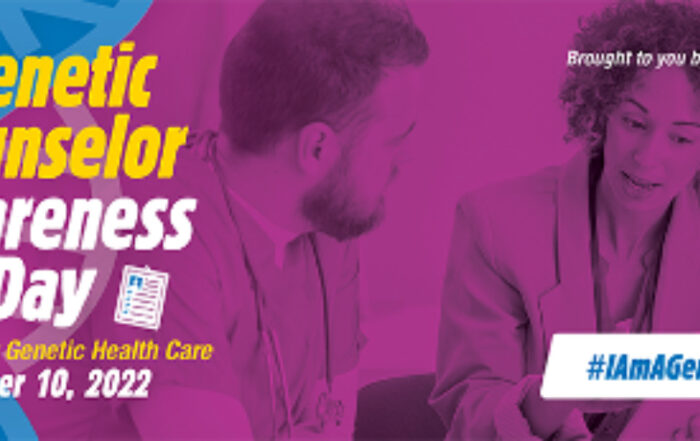Amniocentesis – Just Another Diagnostic Prenatal Test?
January 27, 2017
 What is an amniocentesis?
What is an amniocentesis?
Amniocentesis (amnio) is a diagnostic prenatal test used to detect chromosome disorders in a pregnancy, such as Down syndrome. It can also be used to test for other specific genetic disorders and open neural tube defects. Pregnant mothers aged 35 and over are offered amnio, due to their increased risk of having a baby with a chromosomal abnormality. An obstetrician or midwife may also suggest having the test if you have a family member with an identified genetic disease or if your screening tests or ultrasound results indicate that your pregnancy is at an increased risk for a chromosomal or other genetic disorder. Some pregnant women who don’t meet the general criteria choose to have an amnio.
How is amniocentesis performed?
Specially trained healthcare practitioners perform amniocentesis starting around 16 weeks of pregnancy. A small sample of amniotic fluid that is surrounding the baby is removed by inserting a needle through the mother’s abdomen. This amniotic fluid contains skin cells and bladder cells from the baby that allows for direct testing of DNA from the pregnancy.
Is amniocentesis a dangerous procedure for the mother or the baby?
Amniocentesis is considered a relatively safe procedure. Since it is an invasive test, there is a slight chance for miscarriage. The risk for miscarriage is approximately 1 in 1,000, but is highly dependent on the physician performing the procedure.
Are there any other side effects?
The mother may feel discomfort during the procedure and/or a pinch when the needle punctures the skin, similar to the pinch you feel when you get your blood drawn. A little bit of cramping and the feeling of pressure during the procedure is normal. The amnio itself only takes about a minute. Following the procedure, the mother may still experience a little bit of cramping. If you experience severe cramping, fever, bleeding, or leakage of fluid, contact your health care provider immediately.
Amniocentesis is a choice.
Not every pregnant woman who is offered an amniocentesis elects to do the testing. This is a very personal decision and many factors are considered in electing this procedure. A genetic counselor or a physician can help talk through your different testing options and help you decide what is best for you and your pregnancy.




